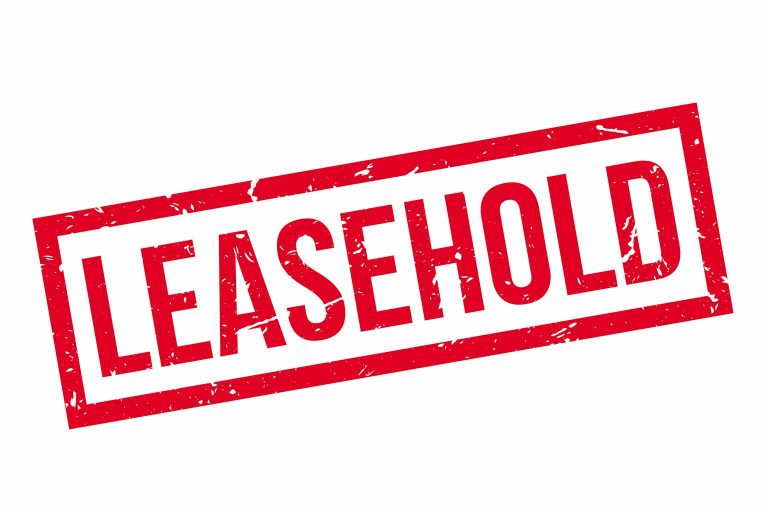The Conveyancing Association (CA) has published an in-depth guide detailing the key sections of the Leasehold and Freehold Reform Act 2024 which will come into force on 24 July 2024.
This guide aims to help conveyancing firms, property owners, and other stakeholders understand and navigate the significant changes introduced by the new legislation.
It provides a detailed overview of the four critical points of the Act that will take effect this month, addressing essential updates to the Building Safety Act 2022 and regulations concerning rentcharges.
Key sections covered by the guide include:
- Regulation of Remedies for Rentcharge Arrears:
- Notice Requirement: details on the formal notice process required before seeking payment for arrears.
- Proof of Ownership: requirements for including proof of the rent owner’s title and the document establishing the rentcharge.
- Service: guidelines on the proper methods of serving notices.
- Fees: information on the Secretary of State’s authority to limit fees related to arrears recovery actions.
- Recovery Methods: potential restrictions on recovery methods for regulated rentcharges created before 1977.
- Recovery of Legal Costs through Service Charge:
- Remediation Contribution Order (RCO): expanded applications of RCOs to recover costs incurred since 28th June 2017.
- Service Charges: clarification on the inclusion of legal and professional service costs in service charges related to RCO applications.
- Repeal of Section 125 of the Building Safety Act 2022:
- Impact: explanation of the implications for landlords, leaseholders, and building safety defect remediation.
- Higher-risk and Relevant Buildings – Insolvency Notifications:
- Notification Requirement: new obligations for insolvency practitioners to inform local authorities and fire and rescue services about insolvencies involving responsible persons for high-risk or relevant buildings.
- Purpose and Impact: aims to enhance safety oversight and ensure prompt action to manage potential building safety risks.
Beth Rudolf, director of delivery at the Conveyancing Association, said: “The Leasehold and Freehold Reform Act 2024 introduces critical changes that will significantly impact the conveyancing process. Our new guide is designed to provide firms with the necessary information to understand these changes and integrate them into their practices effectively.
“By familiarising themselves with the new requirements, conveyancing firms can ensure compliance and better serve their clients in managing leasehold and freehold properties. The Act addresses several important areas, including the regulation of rentcharge arrears, recovery of legal costs through service charges, and new notification requirements for high-risk buildings.
“These changes are pivotal in enhancing building safety and transparency in property management.”



